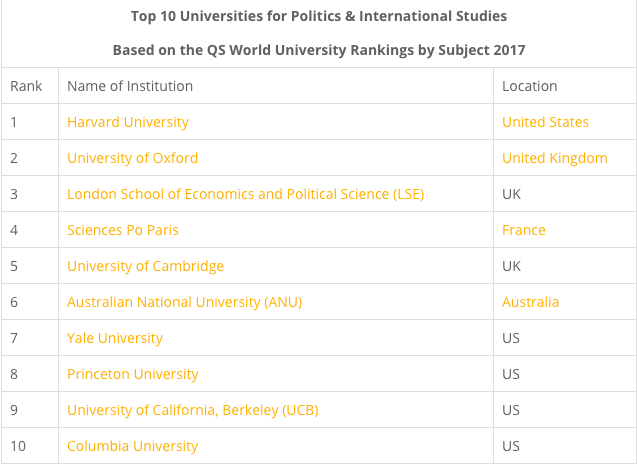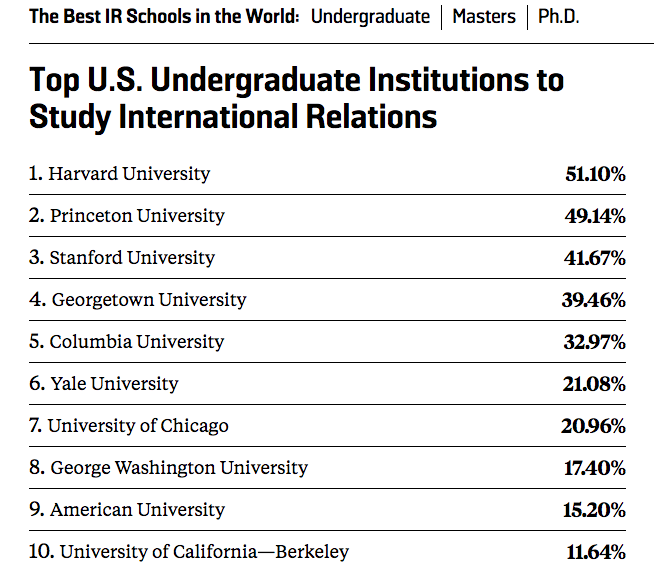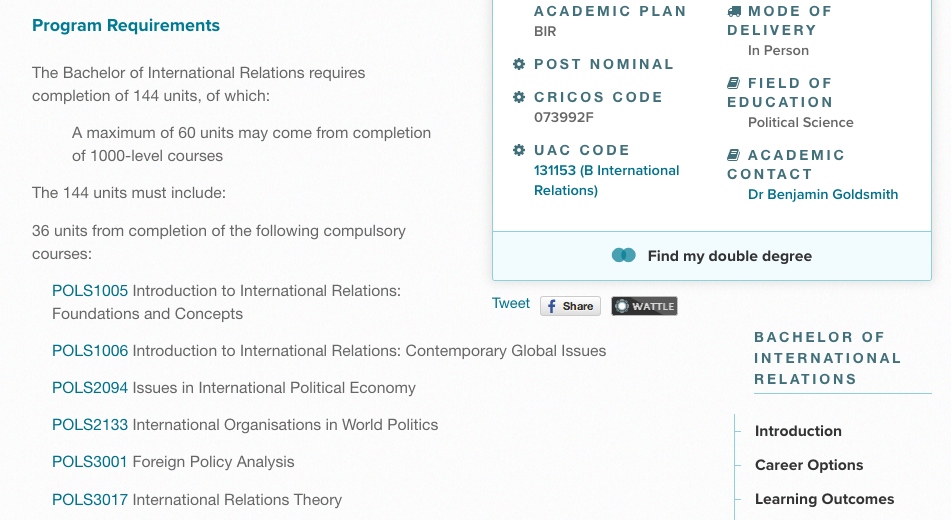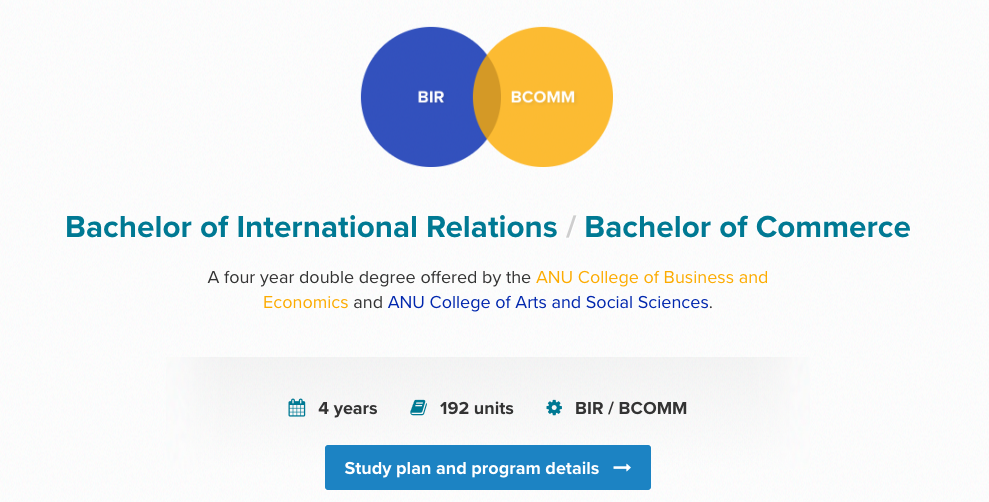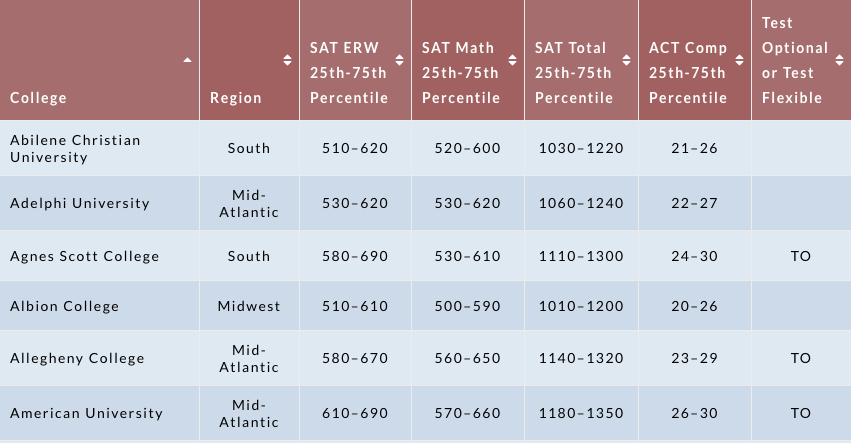Written by: Kiana Palacios
As another school year starts, the need for college entrance exams and thinking of what happens after high school is more necessary more than ever. For those of you who aspire to study abroad, it’s not an easy task. It requires a lot of extra effort and the drive to find the best school fit for you. If you’re confused as to what you want, or not sure where to start, here’s a quick rundown of what you need to know!
The first step is to know what course you want to pursue or at least have an idea of what area of study you wish to take. This seems like a pretty generic step, one that needs to be done even if you study in the country, but it’s a crucial step. Some colleges only require specific courses after freshman year, but it’s still better to have an idea as early as now. Try to ask around, get an idea of what you want to do or what you find fun. If you found a certain subject or area of study interesting when you tackled it in high school, try searching up what courses fall under that and what jobs you could apply for after college.
It’s important to know or at least have an idea of what you want to do after university life as early as now so the process becomes easier. It’s essential for you to be sure of what you wish to pursue to prevent instances of having to switch courses or not be fulfilled during the duration of your studies. This takes a lot of time and thinking and if you’re still unsure by the summer before your senior year, or even the start of your senior year itself, don’t worry because you aren’t alone!
Once you have an idea of what course you want to pursue, or at least the area of study you’re interested in, the next step is to search up colleges best known for these types of courses. You can use websites like Foreign Policy, topuniversities.com, as well as other websites to get you familiar with the schools and universities that will probably give you the best quality of study for your chosen course.
For example, while I was searching up colleges, I knew I wanted to be something close to helping the country and eventually humanity, which led me to search up and find “International Studies” as a course since it catered to all my interests like law and even the social sciences. Using this example, simply type up on your search bar “best schools for international studies in the world” and a bunch of sources and websites will pop up. If more than one website mentions a certain university in its ranking, it probably means that the school is really well known for that course!
Screenshot from: topuniversities.com
Screenshot from: Foreign Policy
Once you have an idea of the top schools, this is when you search up the schools individually and read up on that specific course and the subjects offered under that course.
If you like the sound of the subjects and think you’ll have fun learning about this, then it might be the right course for you! You could also read up on whether they offer double degrees if this is something you’re interested in and what course you’d most probably pair your original course with. When this is all done, feel free to keep browsing on the different courses offered by the school since like all other universities, they will be requiring you to pick 3 options of a course in your application. An additional measure of picking a university could also be through searching up pictures of the campus and taking virtual campus tours could also help you get a feel of the school. If you get the chance to visit it personally yourself, that’s even better!
If you’re aiming for a scholarship, try to check out the options for scholarships they offer which could differ depending on the school. Some universities could offer financial-based aid a lot more than others and some are usually more lenient when it comes to granting them. So make sure you check them out before anything else to know what you’re getting in especially if a scholarship is one of the factors needed for your parents to give in to you studying abroad. Scholarships could be given through various ranges, with some schools offering based on gender, sports excellence, academic merit, and much more.
Once you have all the information written down as well as universities you’re interested in, check out what their requirements for admission are. Most schools in the US and in other countries, like Australia and Europe, they would probably require you to take the SAT or ACT to supplement your secondary education transcript if the International Bacchloerete (IB) program isn’t offered in your high school. You can also search up the required scores of your desired universities in order to be processed for admissions.
Some other schools could also require an English language proficiency test like the TOEFL and the IELTS. If your school, however, offers English as it’s the first language, you can request a certificate from the school as to not need to take this additional assessment. Some schools could also require SAT Subject Tests to see your mastery in certain subjects depending on the course you’re planning on taking. You can learn more about these and register for them on the College Board website.
The last step is to talk to your counselor or other college help places like AUG Student Services for Australia to ask for help and guidance in your application for universities and these services are free! They’ll tell you everything else you need to know and even help with the application and VISA process itself!
When you follow these steps, it should be much much easier for you to kickstart your application and your journey into universities abroad. If you have any more tips, let us know in the comments down below! And I wish you good luck in this new chapter of your lives!
Are you going to be trying to study abroad? Let us know!

